View cart “Lotus Seeds” has been added to your cart.
Hot
Previous product
Back to products
Gulal Powder
₹30.00 – ₹55.00
Next product
Om Thali in Copper
₹500.00
Vibhooti Powder
₹60.00
Description
- The sacred ash made of burnt dried wood in vedic rituals. In Sanskrit, bhoothi means Aishwaryam, meaning wealth, treasure, precious. Vi-bhoothi means very or more valuable.
- A person who smears Vibhuthi purifies himself from sins and also removes the sins of persons who looks at him besmeared with Vibhuthi or theeruneru. Vibhuti is the sacred ash used in religious worship.
- The main ingredient of Vibuthi is a special kind of wood. It is burned in a sacred fire (Homa) to form white ash.
- It serves as a reminder to the believer to cast away selfish and worldly desires that wrap the self in maya, and calls to mind the story of how Shiva burned Kama (the god of desire) to ashes when Kama attempted to break Shiva’s focus on the divine truth.
- Normally, worn along with red tilaka. Vibhuti relates to Shiva and red tilaka to Shakti. Reminds that Shiva and Shakti form the universe and everything is though the union of Shiva and Shakti.
Quantity
- 100 gms
Categories: Daily Pooja Ingrediants, Pooja Ingrediants
Related products
Dry Coconut
₹130.00
Description
- We never offer the coconut as it is.
- We remove the fibre that covers it and offer the fruit that is free from all the external fibre.
- Only then is it possible to break the coconut.
- By breaking the coconut, the water in it flows out.
- The heart is the coconut and it is covered by the fibre of desire.
- The water that flows out is the 'Samskara' or purification. The fibres on the surface are the desires.
- We must strip the heart of all desires and offer the core without the fibre. It then becomes an offering to God.
- If we plant a coconut as it is, in course of time and by watering it, another plant will grow out of it.
Used
- Dry coconuts are used as an offering to deities and especially during the final oblation (purna-ahuti) of any homa/yagna.
- It is filled with sugar and ghee and is then closed with a sacred thread, before offering to the homa fire.
Quantity
- 360 gm - Broken pieces of 2 coconuts
Yellow Mustard (Pili Sarso)
₹50.00
Akshat / Rice
₹100.00
Description
- Akshat basically consists of uncooked un-broken pieces of rice.
- Akshat is believed to be equal to offering clothes, jewelry, food, or any other offering.
- Akshat is usually thrown over the head of the devotees during Pooja and during functions like marriage and other auspicious events.
- Akshat / Rice Grains is one of the primary things without which the worship of the deity cannot be accomplished in a proper way.
- They are actually the symbols of prosperity and wealth.
Quantity
- 250 gms
Turmeric Powder (Haldi)
₹30.00 – ₹55.00
Description
- Turmeric is considered highly auspicious in India and has been used extensively in various Indian ceremonies for millennia.
- Even today it is used in every part of India during wedding ceremonies and religious ceremonies
- Turmeric has played an important role in both Buddhist and Hindu spiritualism. The robes of the Buddhist monks were traditionally colored with a yellow dye made of turmeric.
- It is used in pooja to make a form of Lord Ganesha.
- Ganesha, the remover of obstacles, is invoked at the beginning of almost any ceremony and a form of Ganesha for this purpose is made by mixing turmeric with water and forming it into a cone-like shape.
- It is offered to Gods during pooja.
Quantity
- 50 gms , 100 gms
Supari / Betelnut
₹105.00
Description
- The betel nut/Supari is an integral part of the daily or ritualistic Pooja.
- It is also popularly used in the age old-custom of Indian eating.
- The supari is symbolic of the nut of the ego that must be offered on the altar of God.
- It represents the hard, coarse qualities that must be surrendered to God, leaving only the soft, pure qualities.
- Mostly symbolic, the Supari is many a times traditionally represented as the Nine planets (in the Navgrah Pooja) and takes the form of Deities like Brahma, Surya and others during different Pooja.
Quantity
- 11 pieces
Clove, Cardamom, Betelnut
₹95.00 – ₹210.00
Description
- Pack of cloves (long), cardamom (elaichi) and betelnut (supari) for use in daily pooja and rituals.
Used
- Clove in pooja rituals for fulfillments of desires and success in work (karya siddhi).
- Cardamom has a special aroma, which is pleasant and is used to attract and invoke deity energies.
- The betel nut is an integral part of the daily or ritualistic Pooja.
- It is also popularly used in the age old- custom of Indian eating.
- The supari is symbolic of the nut of the ego that must be offered on the altar of God.
- It represents the hard, coarse qualities that must be surrendered to God, leaving only the soft, pure qualities.
Quantity
- Clove, Cardamom, Betelnut - set of 5 , or 11 each
Jau (Barley) grains
₹25.00
Copper Panchapatra
₹210.00
Description
- copper panchpatra is an integral part of poojas where in the holy charan amrit is placed before the pooja and then distributed upon the Pooja's completion.
- The Charanamrit literally means Amrit (Holy Nectar) from the Charan (Feet of the Lord) of the worshipped deity and is partaken as a sacred offering or a holy gift after the completion of the pooja.
- In many Hindu homes the cooked food is first offered to the Lord each day and is then consumed by everyone else.
- The offered food is mixed with the rest of the food and then served as prasad.
Specifications
- Material - Copper
- Pack of - 1
- Size - (W x H) 7 x 6 cm
- Weight - 33 g
- Capacity - 100 ml


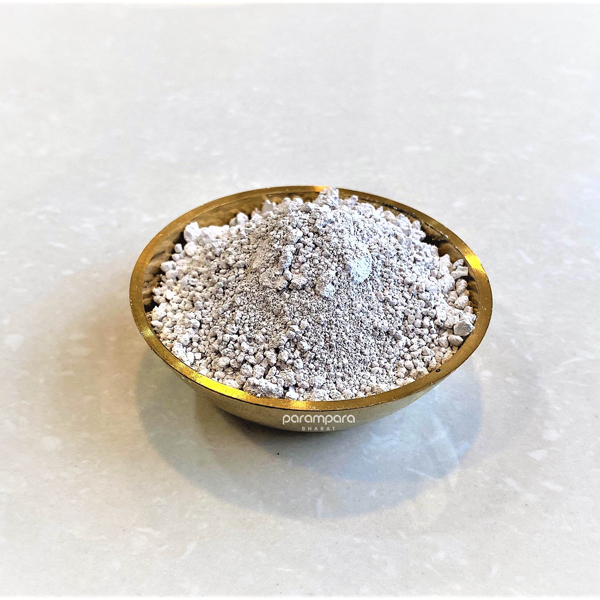

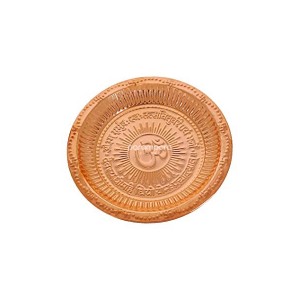
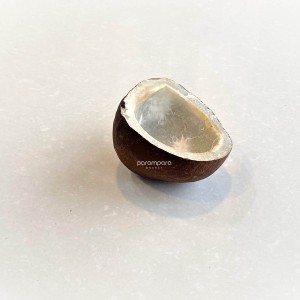
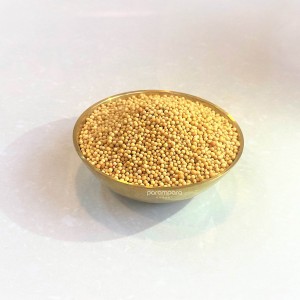
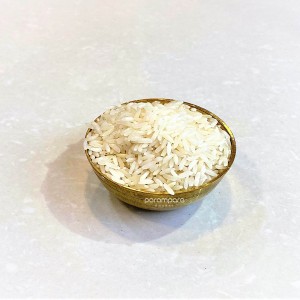
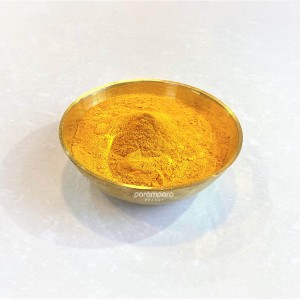
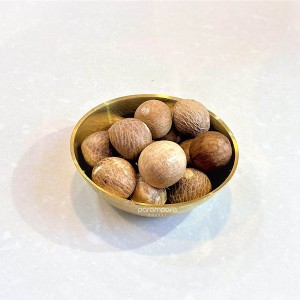
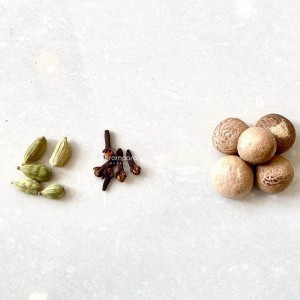
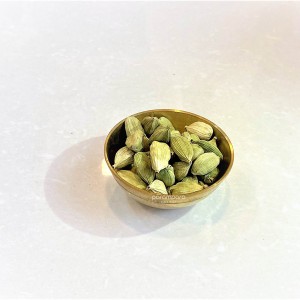
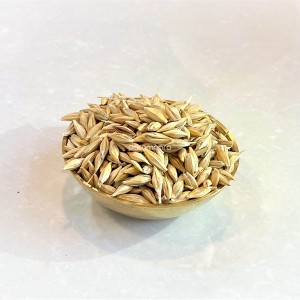
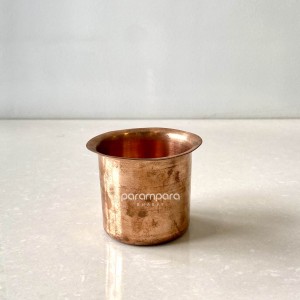


Reviews
There are no reviews yet.